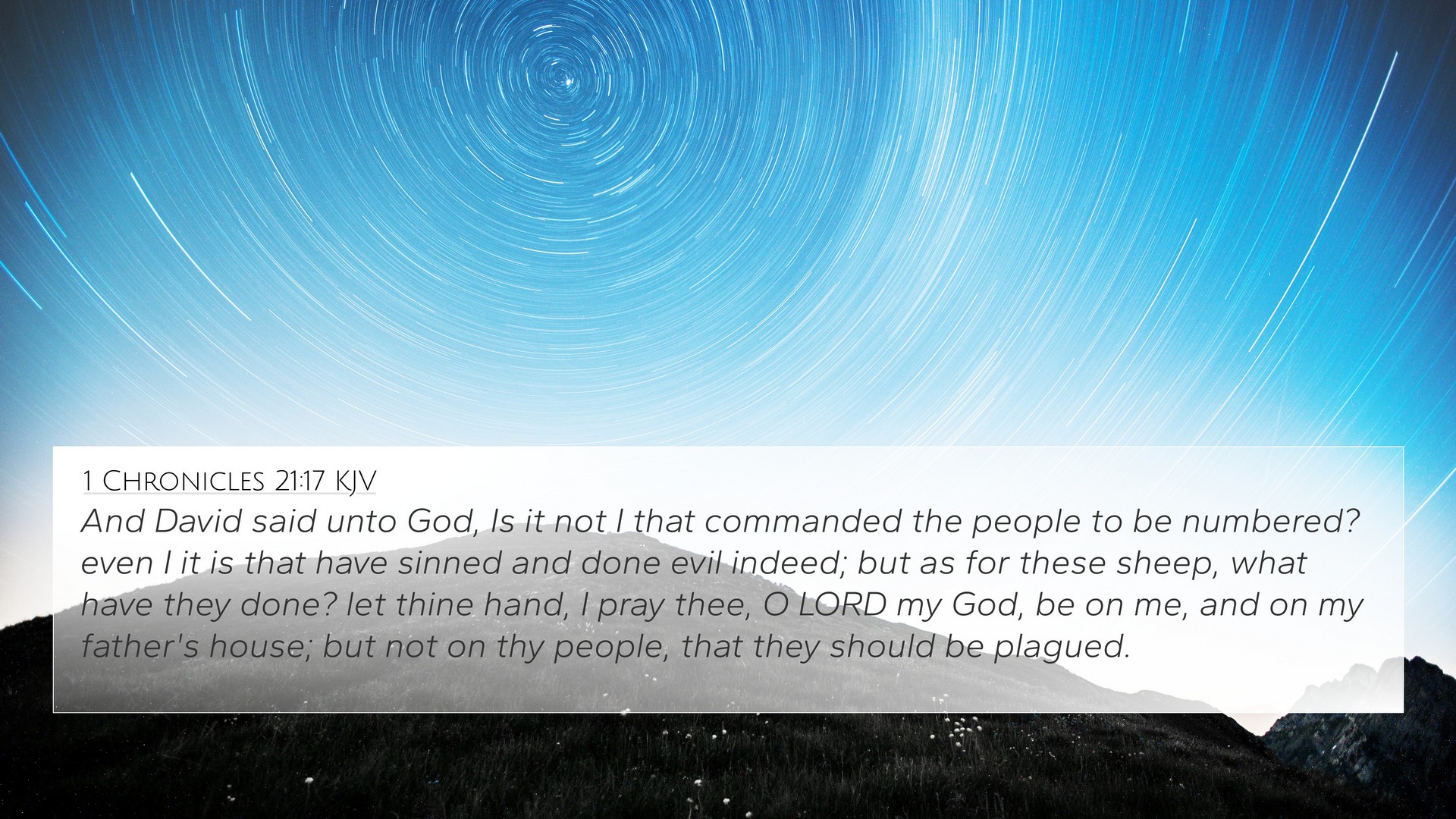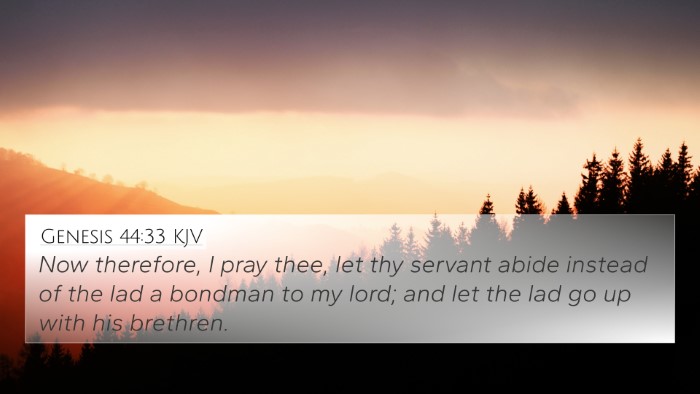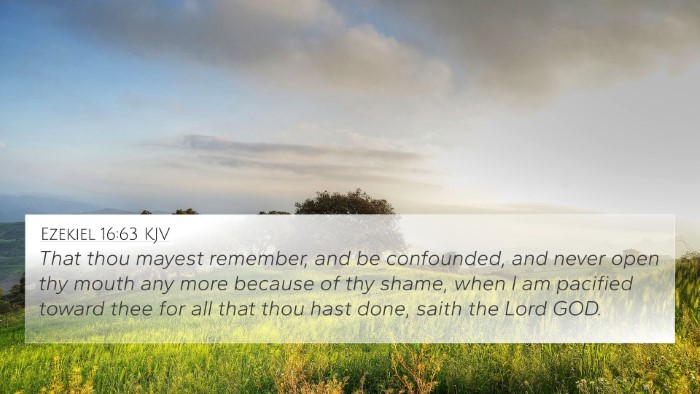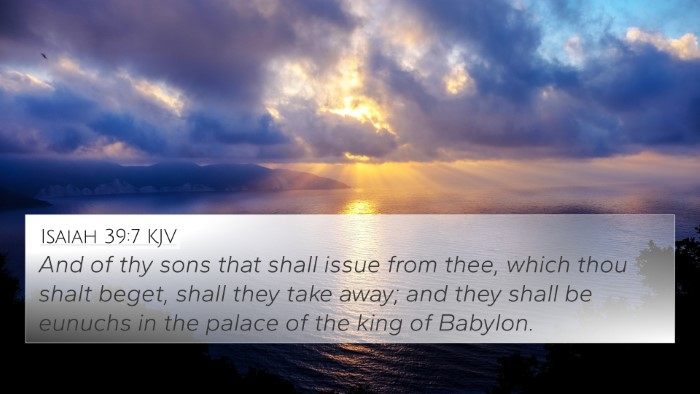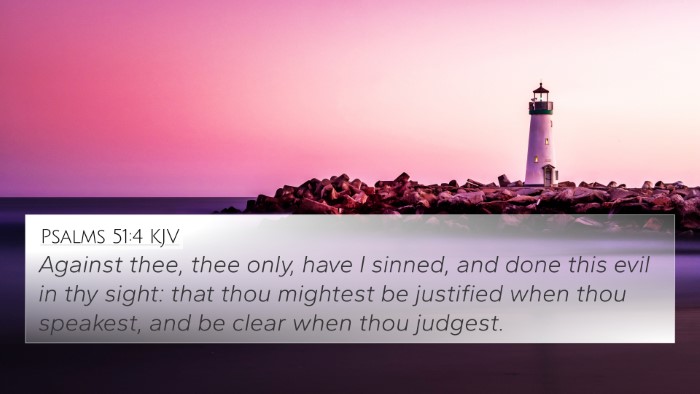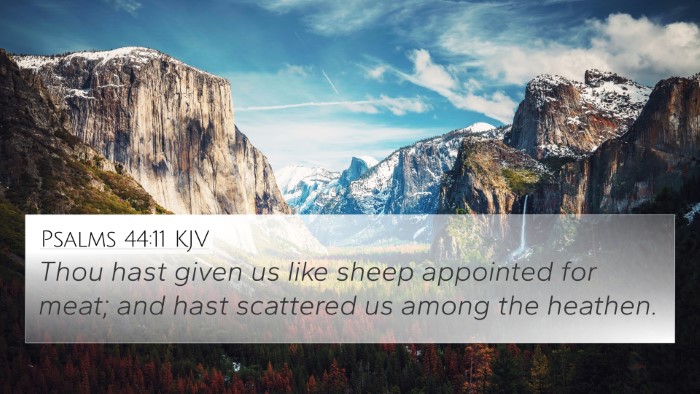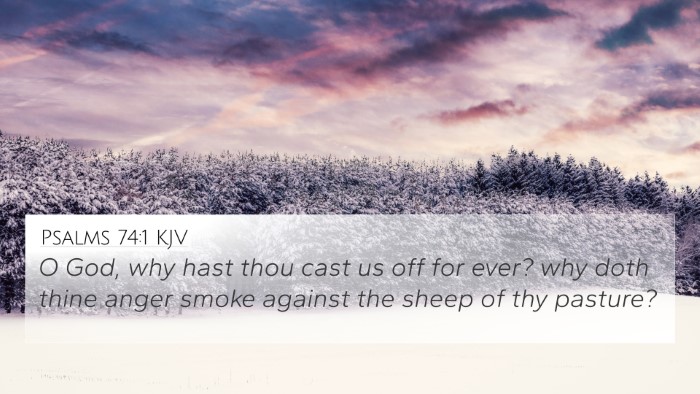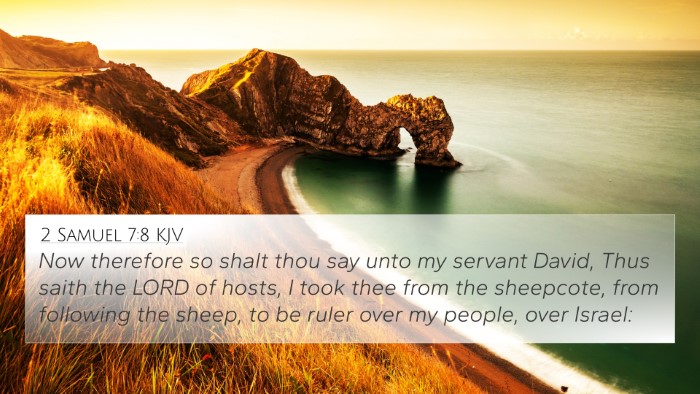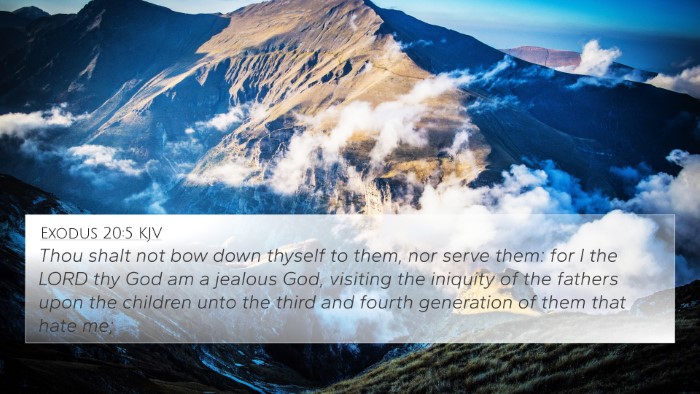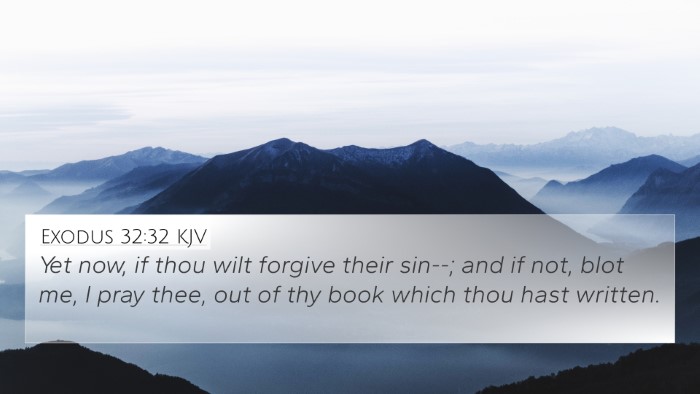Understanding 1 Chronicles 21:17
Verse: "And David said unto God, Is it not I that commanded the people to be numbered? even I it is that have sinned and done evil indeed; but as for these sheep, what have they done? Let thine hand, I pray thee, O Lord my God, be on me, and on my father’s house; but not on thy people, that they should be plagued."
Context and Historical Background
This verse occurs during a significant moment in David's life, where he confronts the consequences of his actions regarding the census of Israel. This act was seen as a lack of faith in God's provision and sovereignty. The situation depicts King David's repentance and his desire for the people to be spared. Understanding this context is vital for a comprehensive interpretation of the verse.
Commentary Insights
This section synthesizes insights from esteemed public domain commentaries, providing an enriched understanding of the verse:
- Matthew Henry: Henry emphasizes David's acknowledgment of his sin and the recognition of his leadership's consequences for the people. He notes that David's repentance is genuine and reflects a shepherd-hearted mentality, showing concern for the well-being of his people. This highlights the essential quality of a godly leader.
- Albert Barnes: Barnes points out that David's appeal to God is heartfelt, asking for divine judgment to fall upon himself and his family instead of the innocent people. This illustrates the theme of intercession and substitutionary atonement prevalent throughout Scripture. It reflects David's heart for mercy and a genuine sense of remorse for leading his people into peril.
- Adam Clarke: Clarke notes the significance of David’s question about the sheep - 'what have they done?'. This indicates David's realization that the people are not culpable for his sins. Clarke asserts that this verse embodies a call for divine compassion and mercy, highlighting that true leaders suffer for their people's welfare and success.
Bible Verse Cross-References
To deepen the understanding of 1 Chronicles 21:17, we can explore several Bible verses that relate to its themes:
- 2 Samuel 24:17: Similar to 1 Chronicles 21:17, this verse reflects David's recognition of his sin and the plea for his people.
- Exodus 32:31-32: Moses intercedes for the people after they sin, reminiscent of David's plea here.
- Psalm 106:23: This verse speaks to God's mercy in dealing with the stubbornness of His people, similar to David’s request for mercy.
- Jeremiah 14:7: Jeremiah acknowledges the sinfulness of the people but asks for God's mercy, showing the importance of intercession.
- Romans 5:8: This New Testament verse discusses unconditional love and intercession, aligning with the theme of sacrificial leadership found in David's plea.
- Ezekiel 18:30: Calls for repentance, showcasing the transformation that God's people must undergo while also advocating for a leader's responsibility.
- John 10:11: Jesus, the Good Shepherd, embodies the essence of sacrificial love for His 'sheep', resonating with David’s heart for his people.
Thematic Bible Verse Connections
The themes of repentance, mercy, and intercession are prevalent throughout the Bible:
- The role of a leader as a protector and intercessor is depicted in various leaders of Israel, showcasing continuity through scripture.
- David's acknowledgment of his sin mirrors themes seen in the prayers of the prophets and other key figures, which invites further analysis of Old Testament characters in comparison to New Testament teachings.
- This verse connects to New Testament teachings through the concept of Jesus as the ultimate intercessor, emphasizing the continuity of God's plan through different covenants.
Application and Reflection
The lessons drawn from 1 Chronicles 21:17 remain relevant as they encourage readers to reflect on their relationship with God, recognizing personal accountability and the compassion we ought to have toward others. It serves as a reminder of the responsibility that comes with leadership and the willingness to bear the consequences of one's actions for the sake of those we guide.
Conclusion
1 Chronicles 21:17 encapsulates the heart of David—a true leader who bears the weight of his people's sins, demonstrating humility and a yearning for mercy. This juxtaposition of personal accountability and the welfare of the group provides a rich ground for meditation and deeper exploration into the fabric of biblical leadership and God's mercy.
